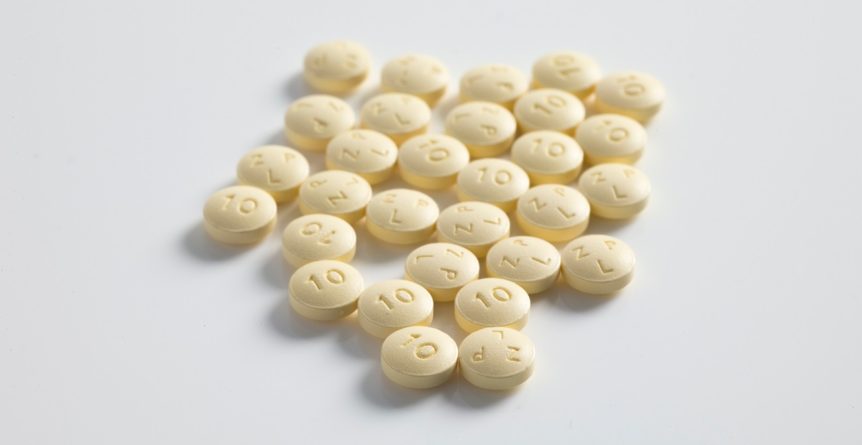If there’s one thing that consumers, organizations, and investors detest, it is recalls because they’re packed with inconvenience. Recalled products pose adverse safety risks for consumers and are tied to a barrage of ailments and even fatalities. For manufacturers, recalls usually tarnish their brand reputations. This leads to a decline in profit margins.
Disgruntled consumers that are adversely affected by recalls file lawsuits against the manufacturers. It’s a nightmare for everyone involved. To that end, let’s explore the biggest, ongoing FDA recalls and lawsuits. Read on!
Losartan Recall
Did you know that approximately 103 million Americans have high blood pressure? As a result, Losartan is one of the most popular drugs used to treat this condition and in turn, diminish the likelihood of strokes. It’s also used in the treatment of kidney disease for those diagnosed with diabetes.
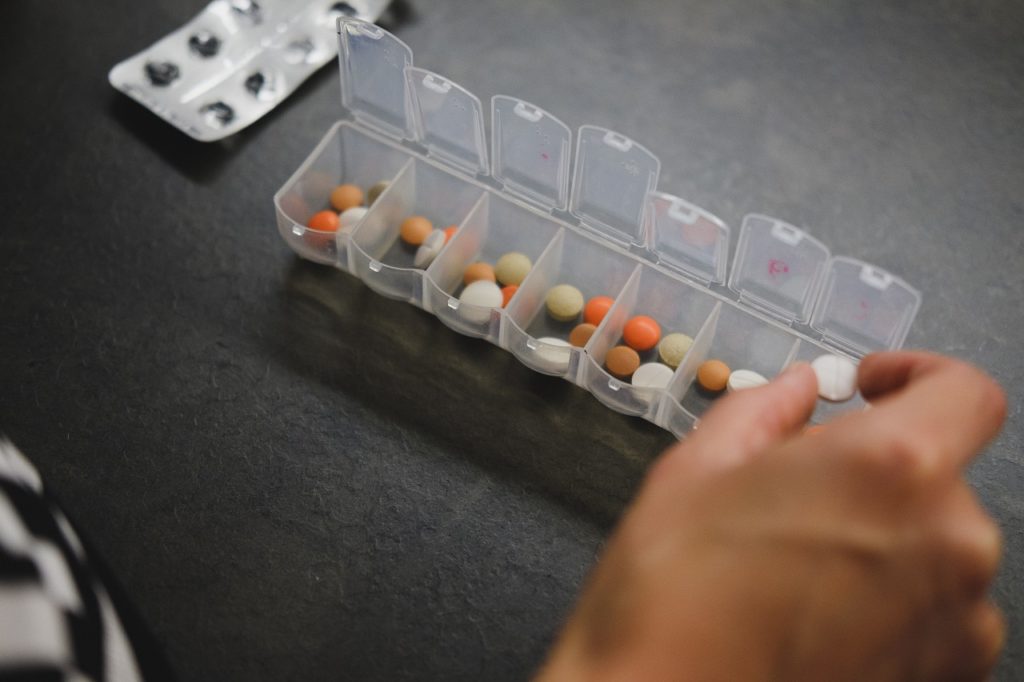
As an Angiotensin receptor, Losartan aids in the relaxation of the blood vessels. In turn, this makes it a breeze for the heart to pump blood to the body. However, things recently took a turn for the worse when this once-trusted drug was recalled by the FDA due to carcinogenic impurities found in it.
They’re higher than acceptable levels of N-Methylnitrosobutyric acid (NMBA), N-Nitrosodimethylamine (NDMA), and N-Nitrosodiethylamine (NDEA). While these substances are present in dairy products, water, and meats, as per the FDA, the acceptable consumption limits in medications are:
- 96 NG per day of NDMA
- 26.5 Ng per day of NDEA
However, Losartan was found to contain 300 to 20,000 Ng per tablet.
The FDA found that more than a dozen brands of hypertension medication had unsafe levels of NMBA, NDMA, and NDEA, all of which are known animal and human carcinogens. As a result, individuals who took Losartan to treat high blood pressure, left ventricle enlargement, diabetic kidney damage, congestive heart failure, and other medical conditions may have been exposed to its harmful side effects.
Common risks include cancer of the bladder, colon, stomach, liver, pancreas, and lower esophagus, as well as other conditions such as leukemia, heart attack, stroke, and hypertension.
Some of the pharmaceutical companies affected by the recall are:
- Torrent Pharmaceuticals
- Solco Healthcare
- Sandoz
- Mylan Pharmaceuticals
- Macleods Pharmaceuticals
- Hetero Labs
- American Health Packaging
- And several others
Unfortunately, many patients have been taking these drugs for several years, completely oblivious to the potential risks they pose. Thousands of people have since filed lawsuits against the errant companies, citing negligence for failing to check for the presence and levels of carcinogens in the medications.
A four-bench panel of judges ruled to combine all Losartan lawsuits with pending cases involving similar drugs sold under different generic brands. These would be consolidated into multidistrict litigation (MDL) since they all have overlapping evidence.
The cases are still a few years away from settlements. The first few bellwether trials are currently being litigated in a district court.
Plaintiffs are seeking damages to cover medical costs, lost wages from being too sick to work, out-of-pocket expenses, pain and suffering, and funeral costs if the victim died.
Mylan Alprazolam Recall
The FDA publicly stated that Mylan Pharmaceuticals is carrying out a voluntary recall of Alprazolam tablets that are usually sold under the brand name Xanax. While the medication is renowned for treating panic and anxiety disorders, the recall stems from the possible contamination by a foreign component.
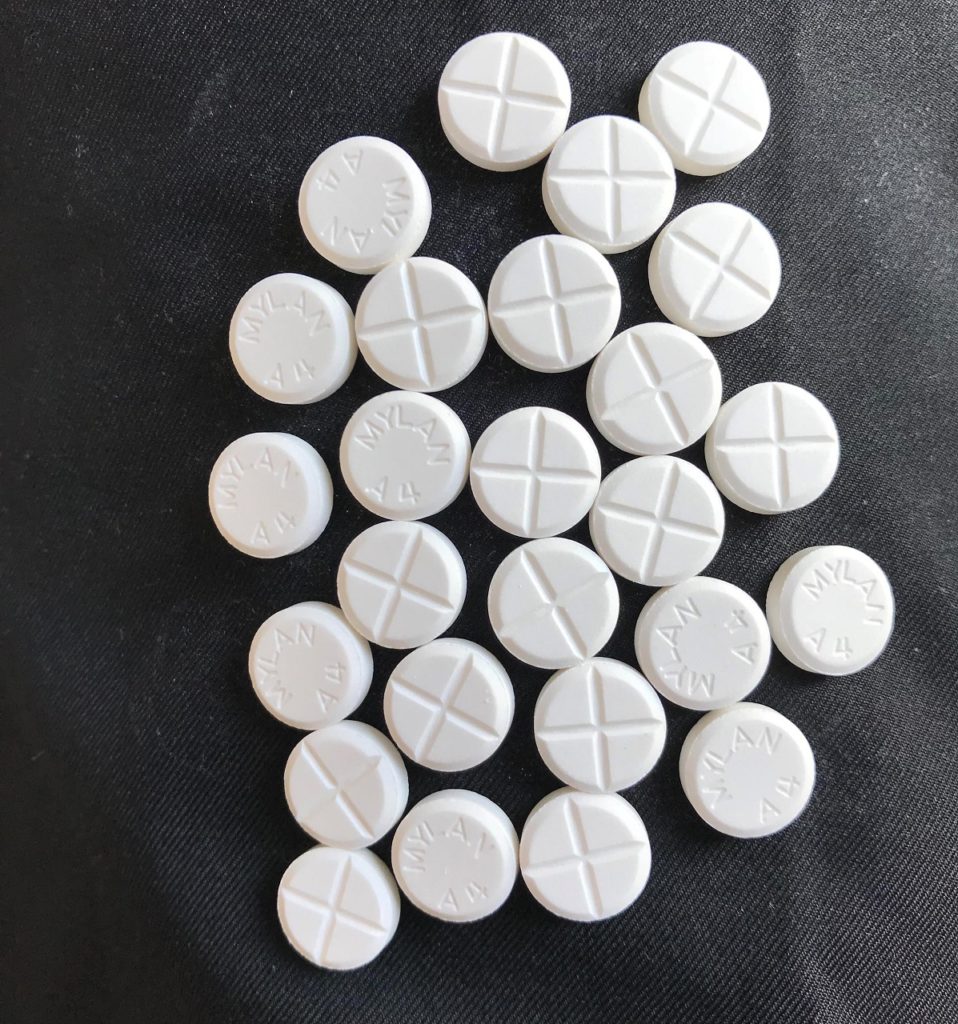
The recall encompasses a barrage of bottles, each containing 500, 0.5mg tablets that were dispensed in the U.S from July to August of this year. The affected batch has a distribution number of 8082708, with an expiration date of September 2020.
The Mylan Alprazolam Recall is at a consumer level across the nation. While the clinical impact of the foreign substance is seemingly rare and no adverse outcomes have been reported, there is still the likelihood of consumers being infected. Mylan has also pulled the plug on any distribution of Alprazolam.
Juul Lawsuit
Siddharth Breja, a former executive of Juul, filed a lawsuit against the company that laid him off for complaining about its contaminated products. He claims that the organization was aware of the contaminated e-liquid that was used in roughly 1 million pods that were shipped to retailers earlier in the year.
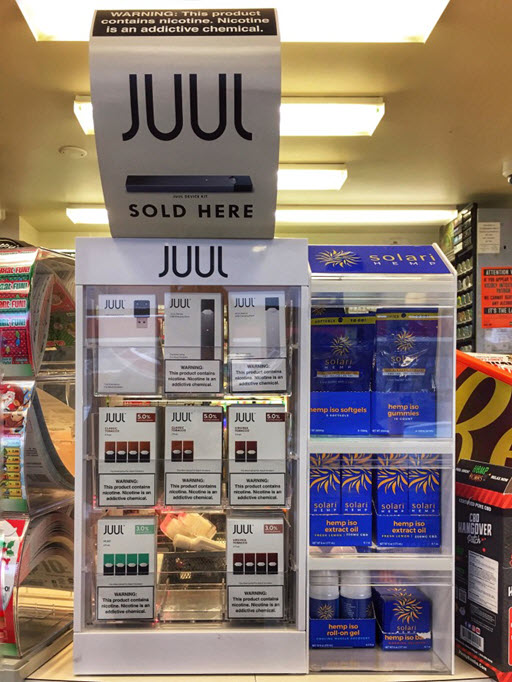
The lawsuit came the same day that Juul publicly stated that 10-15% (approximately 500) of its employees would be retrenched. Juul is currently under the FDA’s watchful eye which claims that the company issued misleading statements about its e-liquid and targeting teens.
According to Breja, it was during a meeting on March 12th that he caught wind of a contaminated e-liquid batch that was used in 1 million pods (250,000 refill kits). The company shipped the pods to retailers and intentionally kept consumers in the dark.
He also alleges that the organization’s unwillingness to recall the defective products or issue a safety and health notice was fueled by the potential loss of $38 billion in sales. Nearly 1 week later, Breja claims that the company laid him off.
In June 2021, the e-cigarette maker was ordered to pay a $40 million settlement to North Carolina after the state sued the firm for marketing its tobacco products to teens. The lawsuit came after concerns that the use of e-cigarettes among underage teens rose by 78% in the state.
As part of the settlement deal, Juul agreed to pay the amount over a six-year period and change the way it markets and advertises its products in the region. The company would no longer be allowed to use underage youth as the targets of its campaigns, nor use any person aged 35 years or below in its adverts.
Opioid Lawsuit
Approximately 400,000 fatalities in the U.S have been tied to overdoses of opioids for nearly 3 decades (from 1990). The U.S Centers for Disease Control and Prevention (CDC) states that roughly 218,000 of these fatalities stem from opioid prescriptions. And, the rest were from illegal opioids such as heroin.
The problem is only just heating up. The CDC announced that the opioid-related fatalities were 6 times greater in 2017 than in 1999. And, roughly 2500 lawsuits over opioids are pending. The initial lawsuit that survived a motion to dismiss was filed by Chicago city in 2014.
Since then, a barrage of individuals (thousands) from different cities and states has filed lawsuits against opioids. Approximately 2000 of these pending litigations are under the watchful eye of a federal judge in Cleveland, Ohio. The judge will have the responsibility of keeping everyone on the same page and leading pretrial motions.
In November 2021, a federal jury ruled to hold pharmacies responsible for the opioid epidemic plaguing two counties in Ohio. In the verdict, the court determined that Walmart, Walgreens, and CVS did not do enough to stop or control the number of pills flooding the counties, resulting in hundreds of overdose-related deaths. These cumulatively cost the two counties roughly $1 billion in unwarranted expenditure.
Earlier that month, a judge in California ruled in favor of top pharmaceutical companies in a lawsuit filed by the city of Oakland and three counties in the state. In the ruling, the judge stated that the governments had failed to provide sufficient evidence showing that the drug makers had used deceptive marketing and advertising that was directly responsible for the opioid crisis in the region.
Purdue Pharma Lawsuit
Purdue Pharma, the manufacturer of OxyContin that is sold under the brand name Oxycodone, is facing more than 2000 lawsuits ranging from $10 billion to $12 billion. The Sackler family (the owners) is facing litigations for starting and maintaining the opioid crisis.

According to the CDC, Purdue’s sales were deceptive and partially responsible for the crisis that claimed more than 400,000 lives between 1999 and 2017. Some of the litigations allege that since 2007, the Sackler family drained the company’s funds to enrich themselves. And, they established a multi-billion dollar empire based on Oxycodone addiction that’s popularly used to treat adverse pain.
In September 2021, Purdue Pharma reached a bankruptcy settlement agreement that required the Sacklers to hand over their fortune worth $4.5 billion to help address the opioid crisis ravaging the country.
One controversial clause in the agreement absolves the family from all past, present, and future opioid-related liability. The settlement effectively marks the end of a long, drawn-out legal battle to hold Purdue Pharma and its owners responsible for fueling the opioid crisis.
Zantac Recall
Sanofi voluntary recalled its over-the-counter (OTC) medication Zantac, in Canada and the U.S due to possible contamination of N-Nitrosodimethylamine (NDMA), that’s a carcinogenic substance. The company’s decision to recall the drug was fueled by discrepancies in the test results conducted.

Sanofi announced its dedication to transparency and keeping health authorities in the loop about the outcome of ongoing tests. They have agreed to continue co-operation with authorities to permit informed decisions based on the available evidence and data from the tests.
Sanofi also stated that they’ll decide on the extent and level of the recall after conferring with the FDA and Canada Health. The two health authorities are diligently investigating the source of the contamination.
Several lawsuits have since been filed against the drug manufacturer. These are currently being consolidated into multidistrict litigation in the Southern District of Florida. If you have developed cancer of the bladder, colon, stomach, liver, pancreas, lower esophagus, or any other type of cancer as a result of using Zantac or suffered any other injuries related to the drug, get in touch with an attorney to review your claim and explore the legal options for recovery available to you.
Amlodipine Recall
The FDA has recalled an array of blood pressure medications including Amlodipine that’s used to lower high blood pressure. The drug is prescribed to treat various conditions, including heart attacks, strokes, and kidney problems.
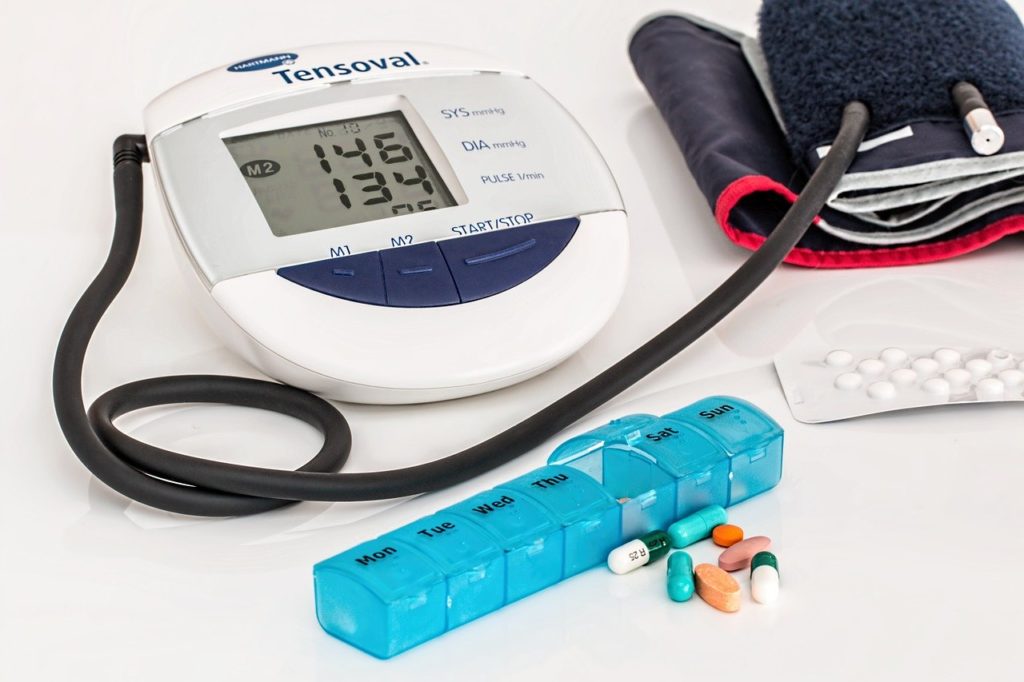
Amlodipine is part of a class of drugs called calcium channel blockers that function by relaxing the blood vessels, thereby facilitating easy blood flow. The recall stems from the presence of carcinogenic (cancer-causing) contaminants, N-Nitrosodimethylamine (NDMA), or N-Nitrosodiethylamine (NDEA).
Nonetheless, the FDA urges patients not to stop taking the prescribed medication without consulting their respective healthcare providers. Abrupt discontinuation of Amlodipine can have adverse repercussions. So, healthcare providers can propose alternative drugs that effectively manage high blood pressure.
The FDA issued a recall on amlodipine/valsartan and amlodipine/valsartan/hydrochlorothiazide combination tablets due to the presence of NDEA, a known animal and human carcinogen. The substance has been found in valsartan API, an ingredient manufactured by Mylan India. Keep in mind that standalone Amlodipine is safe for use when not combined with valsartan.
If you were using Amlodipine as a standalone drug, then you have no legal recourse. On the other hand, if you were using a combination pill that had valsartan as one of its ingredients and you’ve suffered an injury such as cancer, you can file a suit against the drugmaker. Since there are hundreds of similar suits, they will all be combined into multidistrict litigation.
Roundup Lawsuit
Renowned weed killers such as Roundup depend on herbicide known as glyphosate as the active ingredient. However, a connection between this ingredient and adverse health issues such as cancer was found. In turn, this has fueled a plethora of toxic torts by gardeners, landscapers, and farmers against the manufacturer, Monsanto.
In August 2018, a California jury reached a verdict in favor of a 46-year-old groundskeeper for various schools in the jurisdiction. The plaintiff’s lawyer argued that his client developed non-Hodgkin’s lymphoma from using Roundup on the job. It was established that there’s a scientific link between the illness and the product.
The jury agreed that Monsanto failed to give consumers a heads up on the cancer risks associated with the product. As a result, the plaintiff received a hefty settlement of $78.5 million.
Hernia Mesh Lawsuit
It’s no secret that a hernia won’t fix itself. So, one of the main treatments is to implant a hernia mesh. This requires surgery that involves a small piece of netting that provides extra support to the damaged or weakened area. The most publicized litigations encompass synthetic hernia mesh.
There’s a multitude of such cases across the country involving the use of defective hernia mesh in surgeries. These have resulted in the failure of the device, causing a wide range of complications, including organ perforation, adhesion, calcification, inflammation, thrombosis, and several others. Most of the affected patients suffered from hernia recurrence and have had to go for additional surgeries to rectify the problem.
Based on the outcome of several reports to the FDA, the drugmakers have withdrawn their hernia mesh devices from the market.
According to the suits, the manufacturers were aware of their defective products but chose to keep the patients and their doctors in the dark.
The main targets of the hernia mesh lawsuits being filed by plaintiffs are:
- Atrium Medical, the manufacturer of the C-QUR hernia mesh
- C.R. Bard, the manufacturer of Kugel mesh
- Ethicon, the manufacturer of Physiomesh
The lawsuits against these drug manufacturers are still ongoing.
Mesothelioma Lawsuit
As fate would have it, Asbestos exposure leads to Mesothelioma. And while this exposure could’ve been prevented, a Mesothelioma lawsuit allows the victims to take action. The two essential components in this lawsuit are the defendant (the asbestos company) and the plaintiff (the Mesothelioma victim).
Usually, asbestos companies opt for out of court settlements to evade the high likelihood of the judgment being in favor of the victim. This ensures the best outcome for both parties involved.
However, if the case goes to trial, then it’s up to the victim’s lawyer to have overwhelming proof of asbestos exposure. And, more evidence could mean a larger settlement.
Xarelto Lawsuit
There are thousands of litigations against Janssen Pharmaceutical, the manufactures of Xarelto. Under the brand name rivaroxaban, this drug is a prescribed blood thinner for victims of deep vein thrombosis (DVT), strokes, and pulmonary embolisms.
Owned by Johnson and Johnson, Janssen Pharmaceutical has partnered with Bayer Healthcare to advertise the drug. The litigations brought against the companies allege that Xarelto is the root cause of irreversible damage that leads to fatal internal bleeding issues.
They also state that other blood thinners are just as effective minus the endangerment of the lives of patients. The lawsuits further state that Bayer and Janssen failed to give healthcare experts proper guidelines for the type of patients who are eligible for treatment via Xarelto. The companies also fail to offer ideal screening and warnings for adverse side effects of the drug.
These lawsuits are packed with essential arguments:
- The drug is arguably defective and dangerous
- Janssen failed to take proper precautions in manufacturing the drug
- Xarelto didn’t undergo rigorous testing by the manufacturer
- Bayer and Janssen didn’t give patients and healthcare providers a heads up of the likelihood of uncontrolled bleeding
- Janssen and Bayer kept the evidence of these adverse side effects under wraps. So, health regulatory bodies like the FDA and the public were in the dark
- Despite being aware that Xarelto is dangerous, Bayer and Janssen continued promoting it as being safe for human consumption
In March 2019, the drugmaker agreed to a $775 million mass tort settlement to resolve 25,000+ federal claims over the side effects of the blood-thinning medication.
Invokana Lawsuit
Commonly known as Invokana, this drug penetrated the market in 2013. Under the medical term Canagliflozin, Invokana was approved by the FDA for the treatment of those diagnosed with Type 2 diabetes. However, in 2015 things took a turn for the worse when the FDA issued a warning that this drug may lead to excessive acid in the blood (diabetic ketoacidosis).
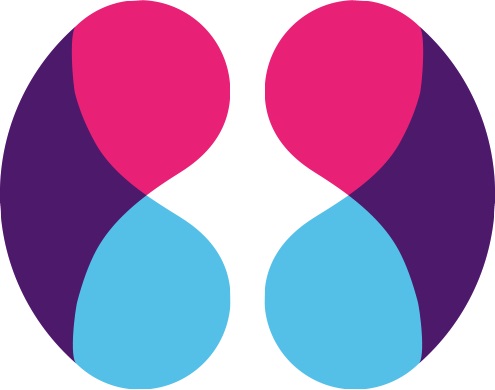
Patients were also warned to keep an eye out for any ketoacidosis-related symptoms and, if so, seek medical care immediately. The warnings were issued after 20 cases were reported.
Invokana lawsuits thereby stem from the manufacturer failing to issue warnings against the risks like diabetic ketoacidosis associated with consuming the drug. The litigations claim that Johnson and Johnson, along with its subsidiary (Janssen Pharmaceuticals) failed to warn prescribing doctors and their patients about the possible risks of the drug.
The New Jersey District Court is currently consolidating 1,000+ individual suits against the drug makers into single multidistrict litigation.
Baby Powder Lawsuit
Its distinctive fragrance is easily recognizable and has been a cornerstone of the brand’s reputation. It’s the smell of innocence. Johnson & Johnson has been touting its signature baby powder as being smooth enough for a baby’s bum for over a century.
But, in an unfortunate twist of events, this reputation, coupled with Johnson & Johnson’s stock price, has been threatened by a swarm of lawsuits. They allege that the powder is contaminated with a carcinogen known as asbestos.
The company has denied these allegations even though they are also corroborated by the FDA. The company claims that the plaintiffs’ tests of the product are packed with flaws and inaccurate results.
The cases from more than 38,000 plaintiffs also claim that Johnson & Johnson knew about asbestos for decades but chose not to disclose these concerns to consumers.
In October 2021, the company pulled a bankruptcy maneuver to evade liability by creating a new subsidiary company – LTL – and transferring all its baby-powder liability to it. Attorneys for the pharmaceutical giant then filed a request with the court to grant a stay on the lawsuits against it as the bankruptcy case is reviewed. This process alone could take years. Settlements are still far out.
The Bottom Line
Lawsuit payouts are usually bitter-sweet. While some plaintiffs get the settlements they deserve, there are inevitable setbacks before the lawsuits can kick off. Nonetheless, armed with reputable attorneys, a multitude of people receive their deserved compensation.
Just as with any lawsuit, there are statutes of limitations, or time limits, to act if you’ve been injured. If you or someone you know has been injured by a drug or device recalled by the FDA, then consult with a lawyer today.
Need legal advice about your specific case? Our experts are here to help!
